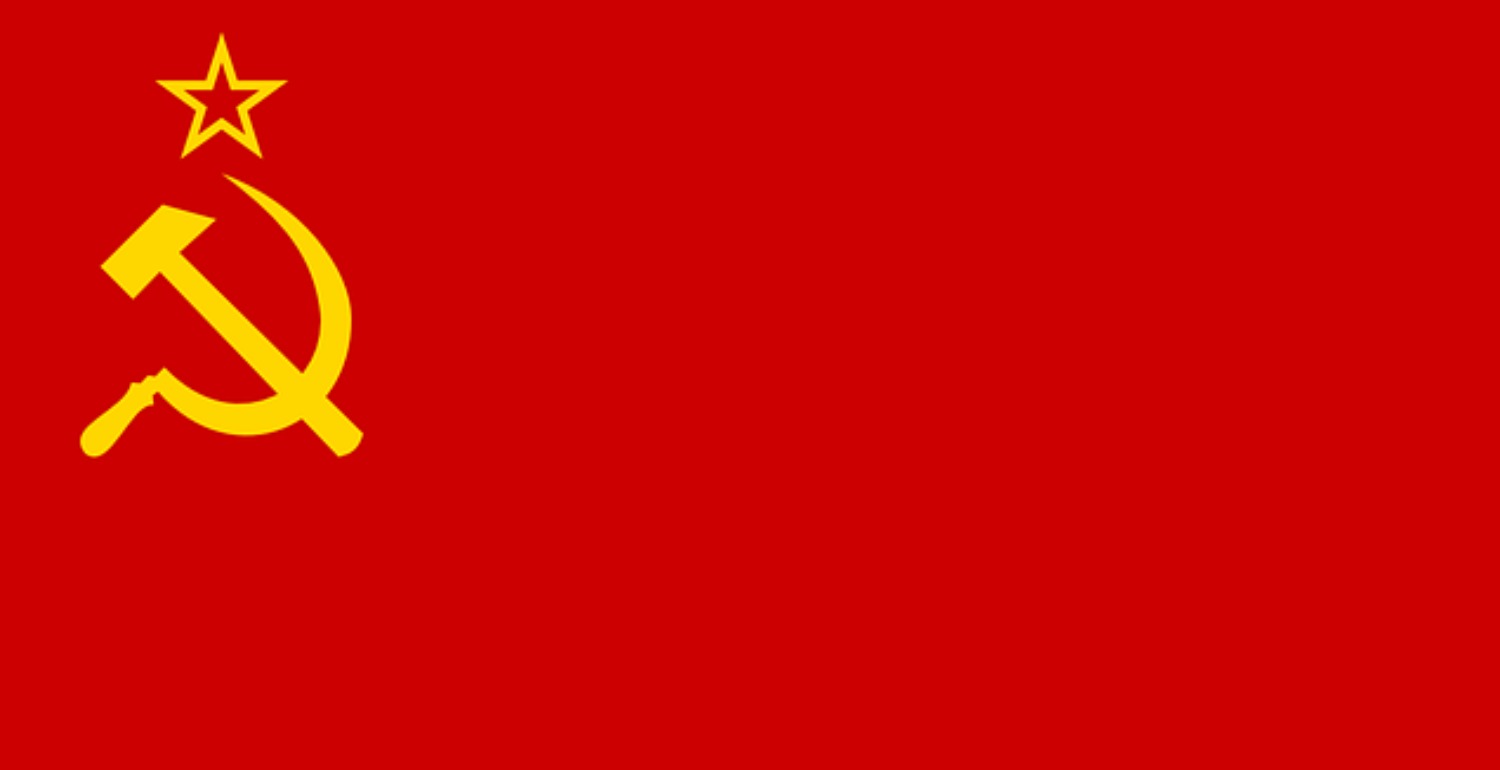This briefing, led by Chief of Staff Dorothy Douglas Taft, was prompted by the book Nations in Transit 1998, a study and analysis of 25 post-Communist countries which supported the monitoring of the region’s adherence to the Helsinki Accords. Questions included in the report were organized in the categories of political processes, civil society, independent media, the rule of law, governance and pubic administration, macro-economic policy, micro-economic policy, and privatization.
The witnesses – Adrian Karatnycky, Professor Alexander Motyl, and E. Wayne Merry – discussed the document and interpreted some of the political and economic trends in the region. They expanded upon some of the insights provided in the book and analyzed the region’s progress, reflecting on their own experiences working with the Soviet Union.









